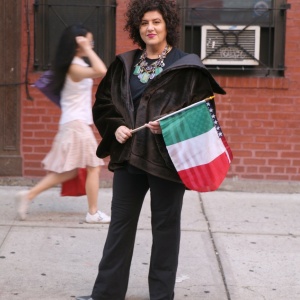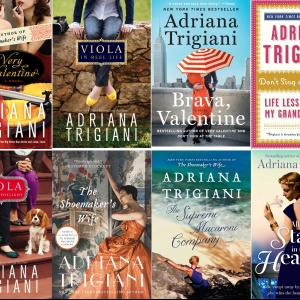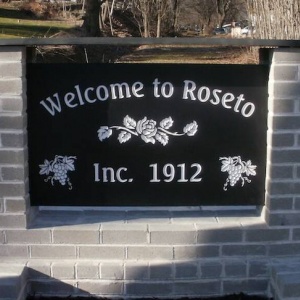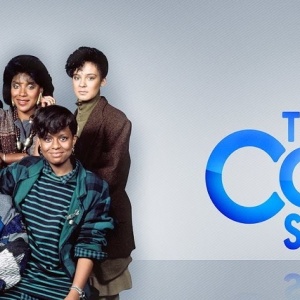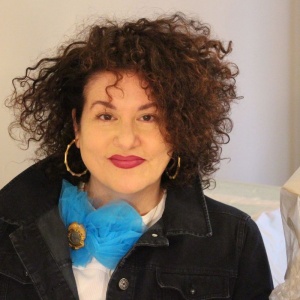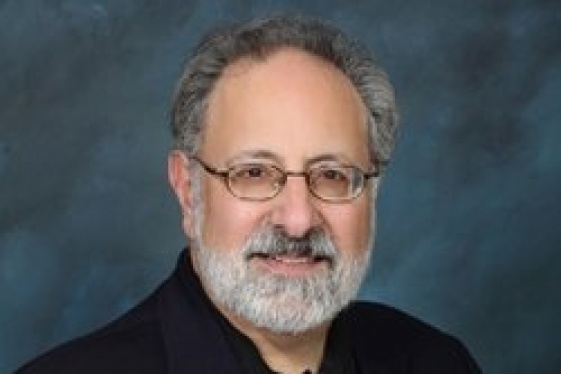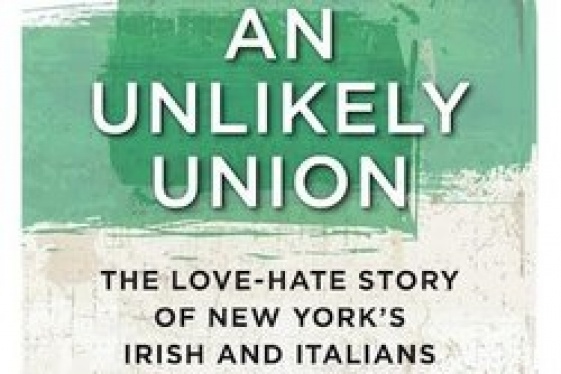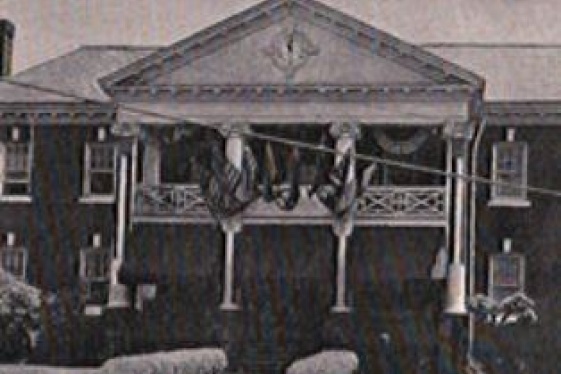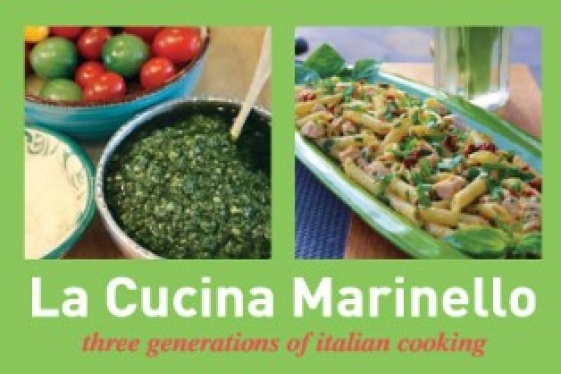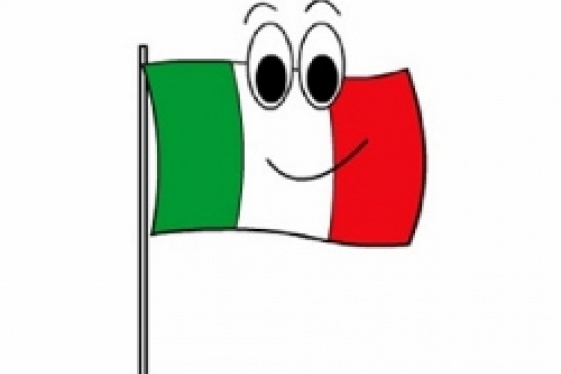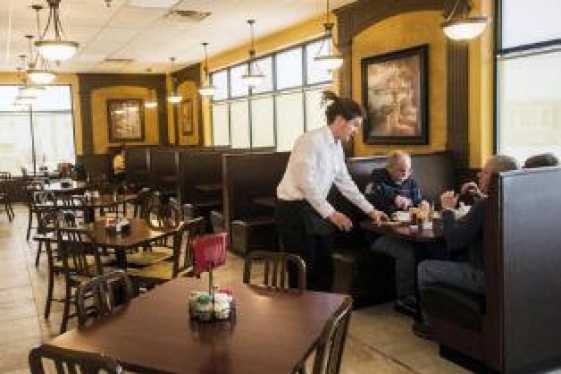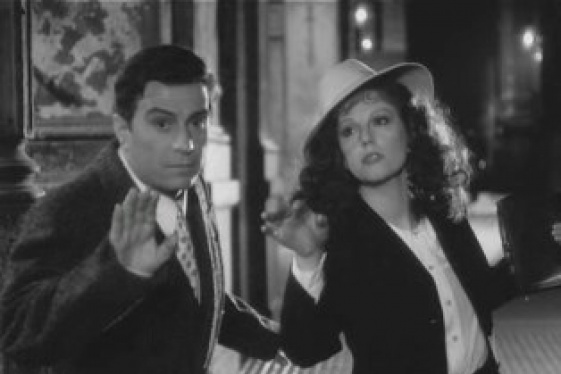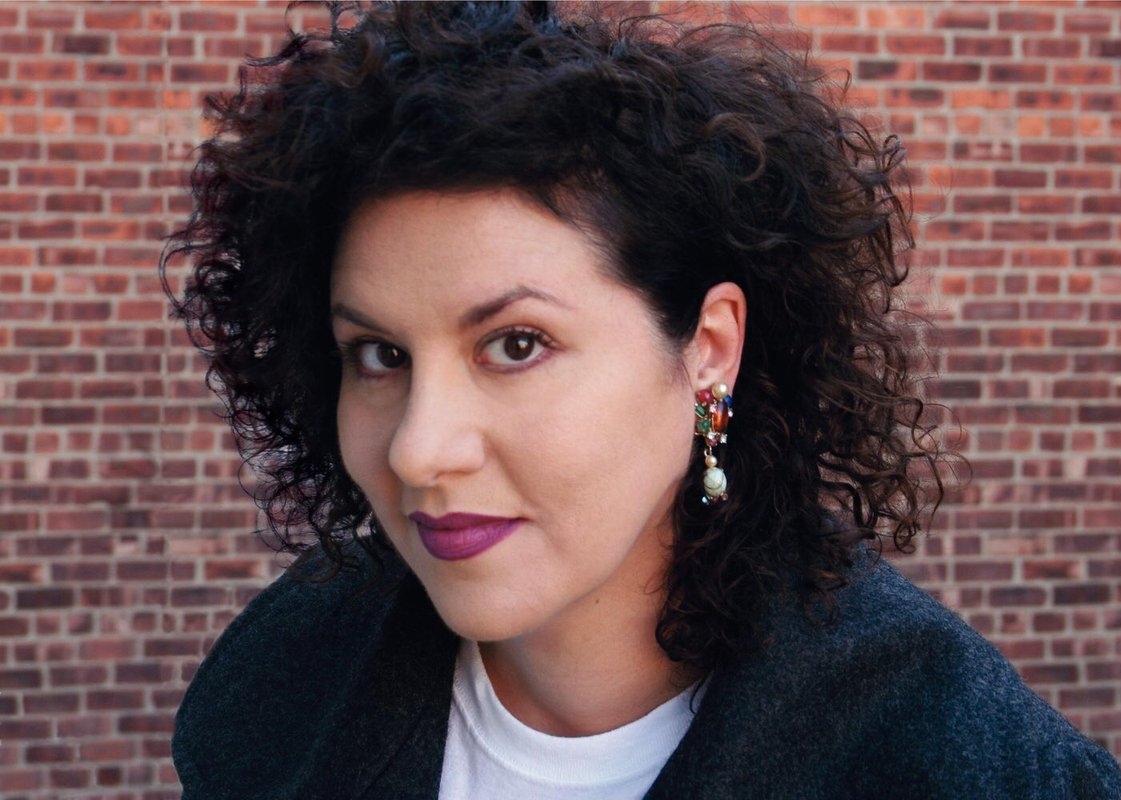

There are many talented Italian Americans among the most important American writers of this century and of the last one. Helen Barolini, Gay Talese, Lawrence Ferlinghetti, Don DeLillo, Mario Puzo, John Fante are just a few names of great Italian writers we admire and love.
Today we are very happy and proud to welcome on We the Italians one of the most famous, appreciated and popular Italian American writer of our times: Adriana Trigiani. Adriana is the synthesis of the success of the Italian Americans: talent and hard work. Her fans are truly in love with her, and it's easy to see that she is in love with them, and with Italy. Thanks Adriana for being here on We the Italians! And thanks for being among the 100 Italian American authors who will be marching up Fifth Avenue in this year’s New York Columbus Day Parade.
Adriana, you published sixteen very successful books, you wrote for theatre and television, you also wrote and directed a documentary and a movie. Every time we promote a news about you on We the Italians, we have somebody who comments with enthusiasm telling that he or she loves you so much! We've got two questions about this. The first is: you sold millions of copies … how did you started your career?
Bravo on the “We The Italians” site, Umberto! It’s a fabulous way to stay connected on all things Italian and with each other. Thank you!
I began my career as a dramatist- a playwright. I was a theater major in college (I don’t know what you call that in Italy) and was given the opportunity to write and direct a full length play as part of the main stage season as a student. This was a big deal, and at the time, I knew it, so I didn’t want to squander my good luck, so I worked very hard to create a great evening of theater. The play “Notes From the Nile” was the retelling of “Antony and Cleopatra” from Cleopatra’s point of view. I took the tragedy and turned it into a comedy - a love story, one woman’s journey balancing her political life and private life. It went well, and so, I was besotted - and it turns out - for a lifetime. The storytelling has taken many forms, including writing for other artists on television, writing feature films, writing and directing feature films, novels and writing and directing for the theater. I let the story dictate the form. So, I began my career as a playwright - and in my mind, I’m still one. It certainly helps to be a playwright when writing dialogue in a novel.
The second question is about how much you are loved among the Italian American community and not only: why? We rarely see people that happy to share their passion for a writer… it's refreshing! Your fans call themselves "Adri-addicts"! You're obviously very talented, but, is there more than that? Or maybe the real question is: what's your secret?
I wish there was a secret- but it’s really just plain old fashioned hard work. I grew up in a family where you didn’t have to be the most beautiful, the most intelligent, the most athletic- but you did have to be the hardest worker. That work ethic is what has made all the difference. I will spend the hours it takes to get something just right - whether it’s one word in a sentence, the color of the background on the cover art or the font style inside the book. Every detail matters - and hard work means your dedication to your craft will make everything you do the very best it could possibly be. There’s one other small ingredient to success: I love what I do - and I love the reader. I look forward to meeting the readers, it’s as important to me as writing the book in the first place - I’m doing it for you.
You grew up in Big Stone Gap, VA. Your childhood there as an Italian American girl maybe inspired a little bit your first book and then your movie, both named after the city you were born. How was being an Italian American girl in an Appalachian coal-mining town?
Well, Umberto, at first, it wasn’t easy. Like all mountain cultures, Big Stone Gap was a community that was polite to outsiders, but didn’t particularly appreciate when you stayed - but after 20 or 30 years, they warmed up. I think it might have been the whole package - Italian, Catholic, from the north of the United States (Big Stone Gap is in the south) - it might have been a big leap for the folks. But ultimately, it all worked out just fine. In fact, when I went to write “Big Stone Gap” the novel, I thought a great deal about my family from the Lombardy region - the Italian Alps north of Bergamo - they too, are warm, but I noticed, liked their villages without the influence of outsiders.
You also wrote a novel and directed an award winning documentary called "Queen of The Big Time", which is the story of your father’s hometown: Roseto, PA. There's this phenomenon called "The Roseto effect", and it's a very interesting story. For those who don't know what it is, could you please explain it?
A team of doctors went into the town of Roseto, Pennsylvania in 1962 to study the people of the town - the Italians were hard workers, many smoked, ate a high fat diet and drank, but they did not die of heart disease. The doctors thought that perhaps there was something in the olive oil, or the homemade wine, or the genetic composition of these folks. But it was none of those things: it turns out the Rosetans did not die of heart attacks because they felt “emotionally safe” - they knew that their families would be there for them through thick or thin and old age; and that their neighbor was their extended family. The Roseto Effect is essentially love. If you are loved, if you feel safe, if you are not afraid of what will become of you when you grow old, you probably won’t keel over from a heart attack.
At the beginning of your career, you wrote for "The Cosby Show". Is there a difference, according to you, between the Italian American way of making people laugh, and the African American one?
I don’t think there’s any difference at all, Umberto. And the sooner we realize how much we have in common, the sooner we will have peace in the world.
The female characters of your books are often strong and charismatic, good people. Is there a heroine in your life, maybe an Italian American woman?
I never had to look outside my family for inspiration to grow up and become a strong and loving woman. My grandmothers Viola and Lucia were amazing working women who raised families. Lucia was a widow at the age of 35, an Italian immigrant in the United States, all 3 of her children were college graduates. Viola began working in a pants factory when she was 14 and soon was a forelady in the mill - she was that smart and strong. Eventually, she and my grandfather partnered and opened their own blouse factory. My mother was a librarian. She was a brilliant woman, elegant, discerning and sensitive. Anything good that became of me was because of her, and anything I ever do that is exceptional is because she believed in me. I can give you more examples - my great Aunt Mary Farino, Lavinia Spadoni, Helen Perin Blackton, cousins Dolly Farino, Violet Ruggiero, Angela Palermo, Eva Palermo - well, I could keep going, but I was influenced by strong and determined women - who weren’t perfect, but strived for it - and yes, they were all of Italian descent.
What's your relation with Italy? Is there a place in our country you love more than anything else?
This is so hard for me to answer, because all of Italy is a treasure. All of it - every inch - every blade of grass, every grain of sand, because in the land and the people, is the march of time, of history itself, of the beginning of all culture and art and music- of everything from the ballet to the opera to the making of the silk that makes the ballet slippers to the making of the violins to play the music. The Italian people are a mélange of all people from everywhere on the planet- it is as if the tide of history rolls over the country and leaves behind glorious shells and bits of glass, that over time become beauty itself, reflected in the eyes, souls and temperament of the Italian people. So, if you ask me where I go - when I close my eyes, I am in Schilpario on my great uncle’s porch looking at the mountain peaks, or Capri, where I watched Costanzo Ruocco carve leather as though he were slicing soft butter, or Roseto Valfortore, where the winding streets were like strands of spaghetti. Or Arezzo, where the wind whistled so loudly, it made music, or Florence, where a walk across the bridge makes you feel as though you are moving through many lifetimes - all of them glorious. I am scratching the surface: Sestri Levante! Roma! Milano! Venezia! Bergamo! Santa Margherita! Sorrento! The hill towns, the towers, the bells, the churches, the midnight blue water of Lake Como - please Umberto, don’t make me choose. I know there’s a heaven, but I have no idea how God will top Italy for all eternity - or maybe, heaven will be Italy. Wouldn’t that be perfect?
You may be interested
-
'Phantom Limb': A Conversation With Dennis...
Dennis Palumbo is a thriller writer and psychotherapist in private practice. He's the auth...
-
An Unlikely Union: The love-hate story of Ne...
Award-winning author and Brooklynite Paul Moses is back with a historic yet dazzling sto...
-
Candice Guardino Brings GILDA AND MARGARETTE...
Candice Guardino is adding to her list of successful theatrical productions with the debut...
-
Ethnic clubs are fading into Beaver County's...
By Tom Davidson When Dominic "Hawk" Santia was a boy, he'd tag along with his fat...
-
Former Montclair resident turns recipes into...
Former Montclair resident Linda Carman watched her father's dream roll off the presses thi...
-
I Piccoli Cittadini: incontro di educazione...
Saturday, October 24, 10-12 AM in EDT, 1026 Public Ledger Building – 150 South Indepe...
-
Italian restaurant opens in Conewago Townshi...
by Melody Asper Hanover's newest restaurant may seem like an old friend to anyone...
-
New York Italians Movie Night: "C'eravamo ta...
Dear Friends, New York Italians in collaboration with Fordham University, Department...






